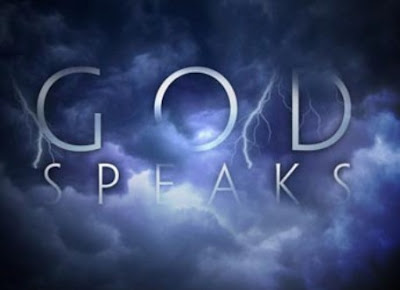Christianity Doesn't Exist Without Love

At Christmas time it is hard even for doubters and unbelievers to not believe in something, if not everything. Peace on earth, good will towards all people, an innocence that truly exists, love that can inevitably be held, a dream coming true, the mystery of childlike faith, and the potentiality of hope – not even the canned carols piped over the shopping center parking plaza from Thanksgiving on can drown it out entirely. Christmas carries with it hallowedness, holiness, a time in which life grows still like the surface of a river so that when we look down upon it we see not the reflection of time, but the reflection of gracious presence. Frederick Buechner says, For a moment or two, the darkness of disenchantment, cynicism, and doubt draw back, at least a little, and all the usual worldly witcheries lose something of their power to charm. But my cynicism says, “No moment lasts forever.” It is only one day out of a year that the bird of dawning sings to us his tune. Darkne...









.jpg)















.jpg)
